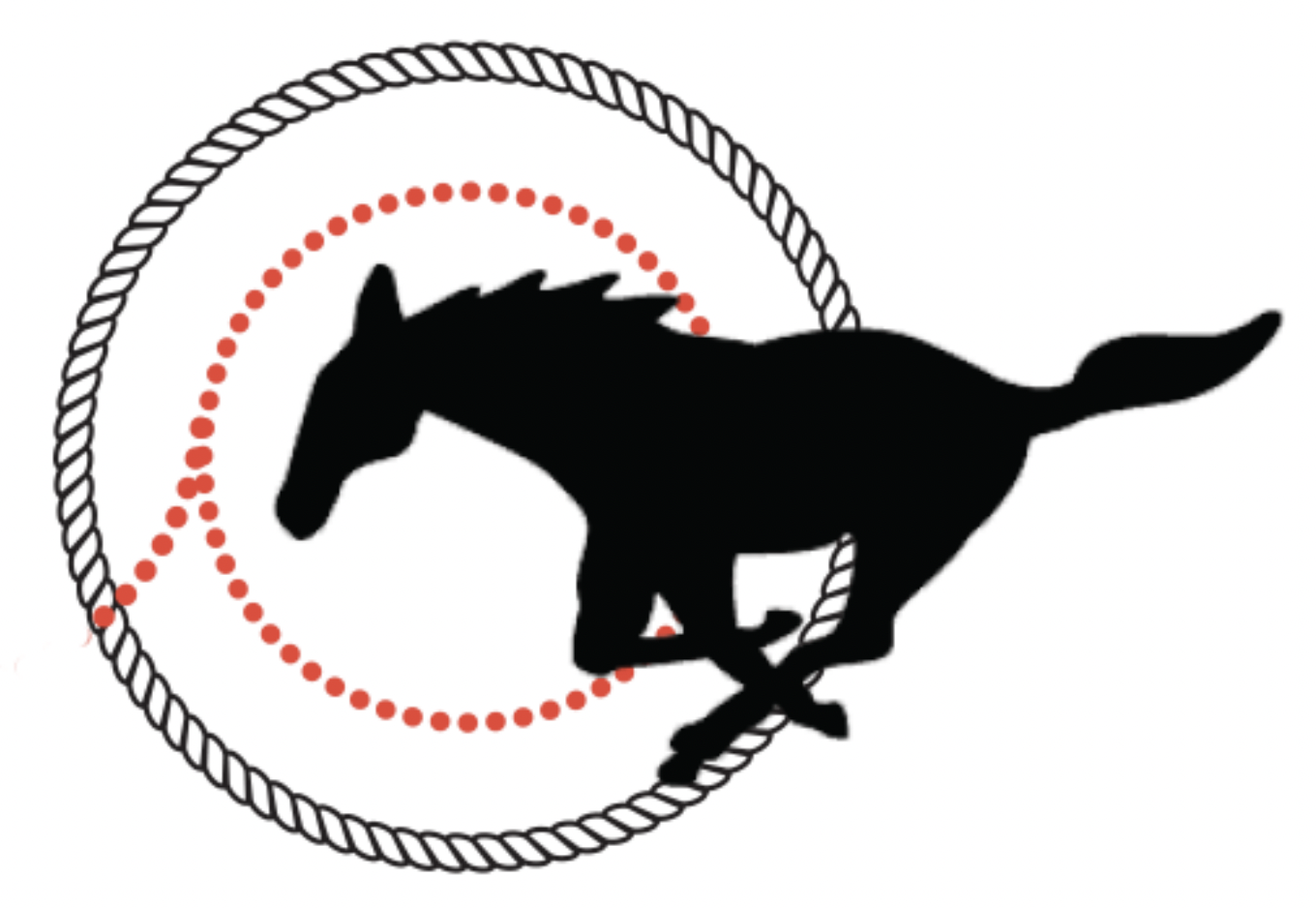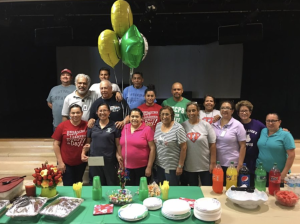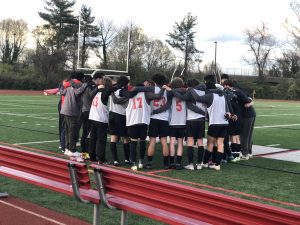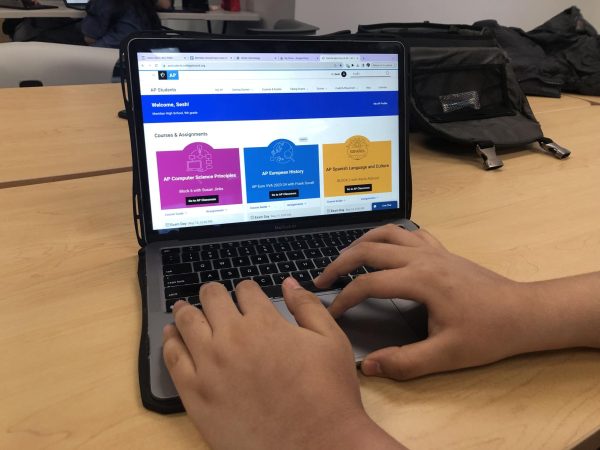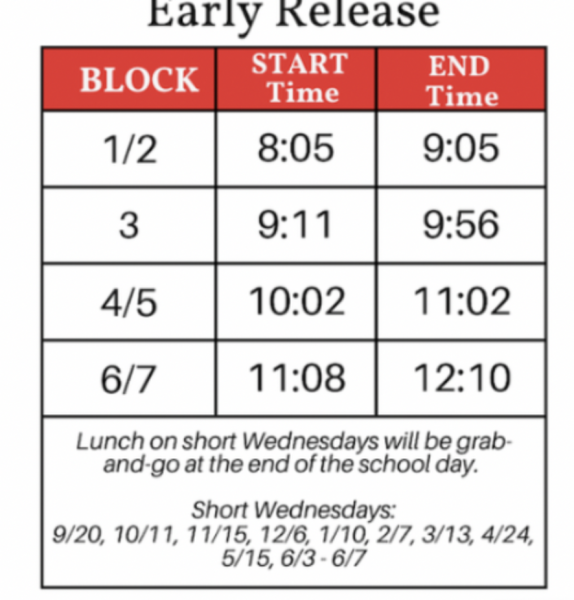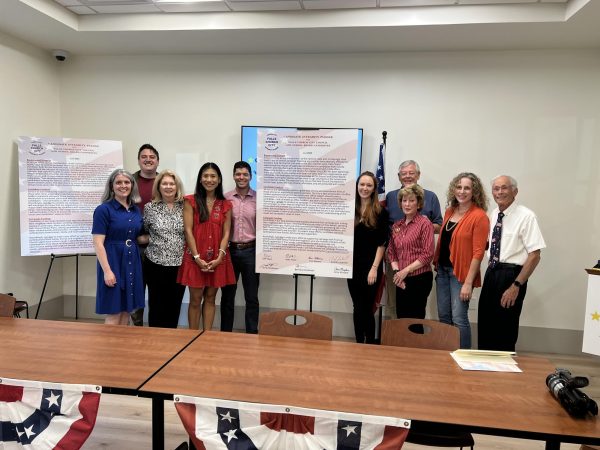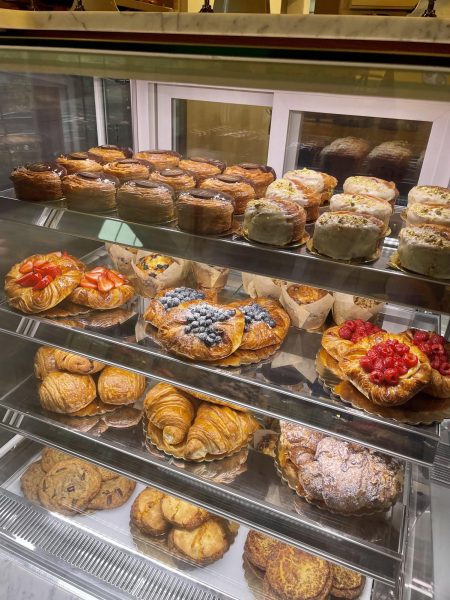Opinion: Underclassmen deserve more academic freedom
As we all continue to adapt to an unfamiliar school environment, Matthew Lin argues that this is the perfect time to think about how much flexibility and freedom students are given each year when they choose their courses. (Graphic by Matthew Lin)
January 5, 2021
Due to the COVID-19 pandemic, Mason has fully adapted a virtual schedule. Students now have a much greater responsibility in terms of how they perform. More than ever, it’s important that there is enough academic freedom and flexibility given to all students.
According to the current Program of Studies, 22 credits are needed for a standard diploma, while 26 credits are needed for an advanced diploma. The types of courses students choose from to earn credits can vary through each year and grade.
“Underclassmen don’t have much autonomy when it comes to making academic decisions, but this is precisely for a reason. Naturally, a school will want you to succeed, so they will organize underclassman years to pave [the] way to the diploma you’d like to work towards,” junior Alban Abalo said.
It’s understandable that schools would have a proper curriculum that will allow students to advance their learning. There are requirements in earlier years that may affect overall course selection. In the eyes of an upperclassman, this can become more apparent as they get closer to graduation. This is especially true for candidates of the International Baccalaureate (IB) Diploma.
The IB Diploma, which is pursued by many upperclassmen, challenges students to go beyond typical high school expectations. In order to successfully complete it, they must be examined in six specific subjects. Most aren’t limited to one or two course options. For instance, a student can take IB Computer Science instead of IB Chemistry. There’s also an option to take standard level (SL) or higher level (HL) courses. Of course, not everybody will want to pursue the IB Diploma, but almost every junior or senior will take at least one IB course anyways. The required classes in earlier years grant students a great opportunity, regardless of which diploma they’re aiming for.
Despite that, underclassmen still argue against some of these requirements. For example, freshman Thomas Davies thinks that the foreign language requirement is restrictive to students who want to pursue other interests.
“I think forcing kids to take a foreign language is ridiculous. The way they teach it is way too broad to most kids. The courses make kids learn vocabulary and limited ways to use the vocabulary causing kids to not be able to effectively communicate with any sort of proficiency,” Davies said.
Foreign language is one of the more contentious requirements. It’s a lot more unfamiliar to students and it can demand constant practice or memorization. There are four different languages to choose from: Mandarin Chinese, Spanish, French, and American Sign Language (ASL). Not all students want to learn these languages at all, as they aren’t always essential depending on their future plans. Some kids may be interested in an entirely different language that isn’t offered at Mason.
It is possible to finish language requirements early, but in most cases it just takes up an elective. Electives are probably the biggest amount of flexibility a student has during class selection; there is a diversity of these classes that each explore a unique subject. There are electives that are entirely new subjects to students, so requirements that take away from elective opportunities can seem forced and restrictive.
Although Mason structures classes in a way to prepare students for later years, underclassmen should have more variety in their elective selection, as some requirements aren’t exactly beneficial to everyone. Virtual learning continues, and new struggles arise. Hopefully, these difficulties will help others understand what can be done better.
Opinion articles in The Lasso reflect the opinion of the writer(s). They do not necessarily reflect the opinion of the Lasso Editorial Board or of George Mason High School.
